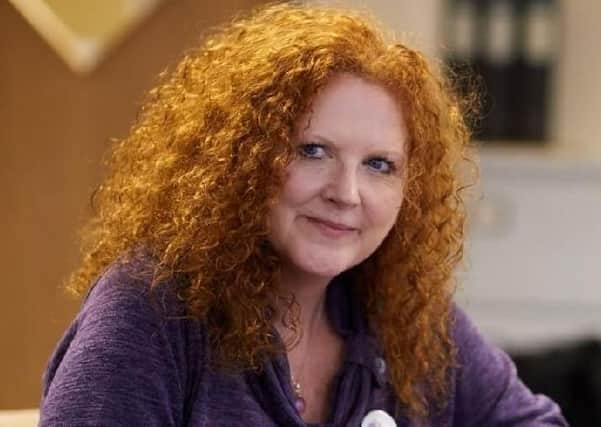Wakefield to recognise anti-slavery pioneer Elizabeth Dawson with latest ‘Forgotten Women’ blue plaque


As the secretary of both Wakefield’s first Ladies Anti-Slavery Society and then its first mixed gendered Anti-Slavery Association in the 19th century, Elizabeth Dawson made her mark on the city’s history, but she is now set to be formally recognised for her achievements.
Dawson is the latest historic figure to be honoured by a new plaque in the city, which will be unveiled in September at Unity Works and will be placed on Westgate after that.
Advertisement
Hide AdAdvertisement
Hide AdIt is part of the Visionary Westgate Women and Forgotten Women of Wakefield campaign, which sets out to achieve blue plaque parity in Wakefield by 2028 – by researching notable local women and awarding blue plaques inscribed with their names – to be placed on buildings to which they have a connection.
When the initiative started in 2018, there were only four plaques dedicated to women in the city, compared to more than 30 for men. The choice of Dawson follows similar recognition earlier this year for Ann Hurst, the city’s first female newspaper proprietor and another anti-slavery pioneer.
On June 21, a special exhibition at Chantry Chapel as part of the wider project will include two live events where actors will play Ann Hurst and Elizabeth Dawson. Hurst will pass on to Dawson a banner of hope and a lantern, a metaphor for the light they shone into the darkness of slavery.
Hurst died in 1832 but in the following decades women include Dawson continued to campaign against the slave trade, despite the likes of William Wilberforce being opposed to female involvement in abolitionist efforts. Wilberforce felt their involvement in campaigning to be “proceedings unsuited to the female character as delineated in Scripture” and refused to acknowledge female signatures on petitions, as well as banning men involved with the cause from speaking at emerging Ladies Anti-Slavery Societies.
Advertisement
Hide AdAdvertisement
Hide AdWilberforce’s view was far from universal – fellow Abolitionist Sir George Stephen later hailed their extensive efforts as “the cement of the whole anti-slavery building – without their aid we never should have kept standing”.
While the Slavery Abolition Act was passed in 1833, efforts continued to end the global trade.
By the 1850s the Wakefield Ladies Anti-Slavery Society was increasingly influential and managed to put on an event, believed to have organised by Elizabeth, that helped transform attitudes locally about the involvement of women in campaigning.
Sarah Cobham, director of Dream Time Creative and leader of the ‘Forgotten Women’ project, explains: “In 1860 Sarah Parker Remond, a woman of colour, international activist for human rights and women’s suffrage, on tour from America agreed to speak to the people of Wakefield. Fredrick Douglas, a former slave and American social reformer, abolitionist, orator, writer, and statesman, who had visited and spoken passionately about the horrors of slavery once before in 1847, joined her.
“There is little doubt who was behind that invitation.
Advertisement
Hide AdAdvertisement
Hide Ad“The Ladies Anti-Slavery Society was the only active society at that time. Sarah and Fredrick spoke to a packed audience at The Corn Exchange, a testament to their hard work and dedication.
“The rhetoric of the visitors was so powerful, the message so important, that it was decided to establish a new Anti-Slavery Association, one which included the whole of the town, regardless of gender, in order to amplify the work done by the 31 women previously.
“Elizabeth Dawson was elected as secretary of Wakefield’s first mixed gendered Anti-Slavery Association, a testament to her years of work for this vital and significant cause.”
Support The Yorkshire Post and become a subscriber today. Your subscription will help us to continue to bring quality news to the people of Yorkshire. In return, you’ll see fewer ads on site, get free access to our app and receive exclusive members-only offers. Click here to subscribe.
Comment Guidelines
National World encourages reader discussion on our stories. User feedback, insights and back-and-forth exchanges add a rich layer of context to reporting. Please review our Community Guidelines before commenting.